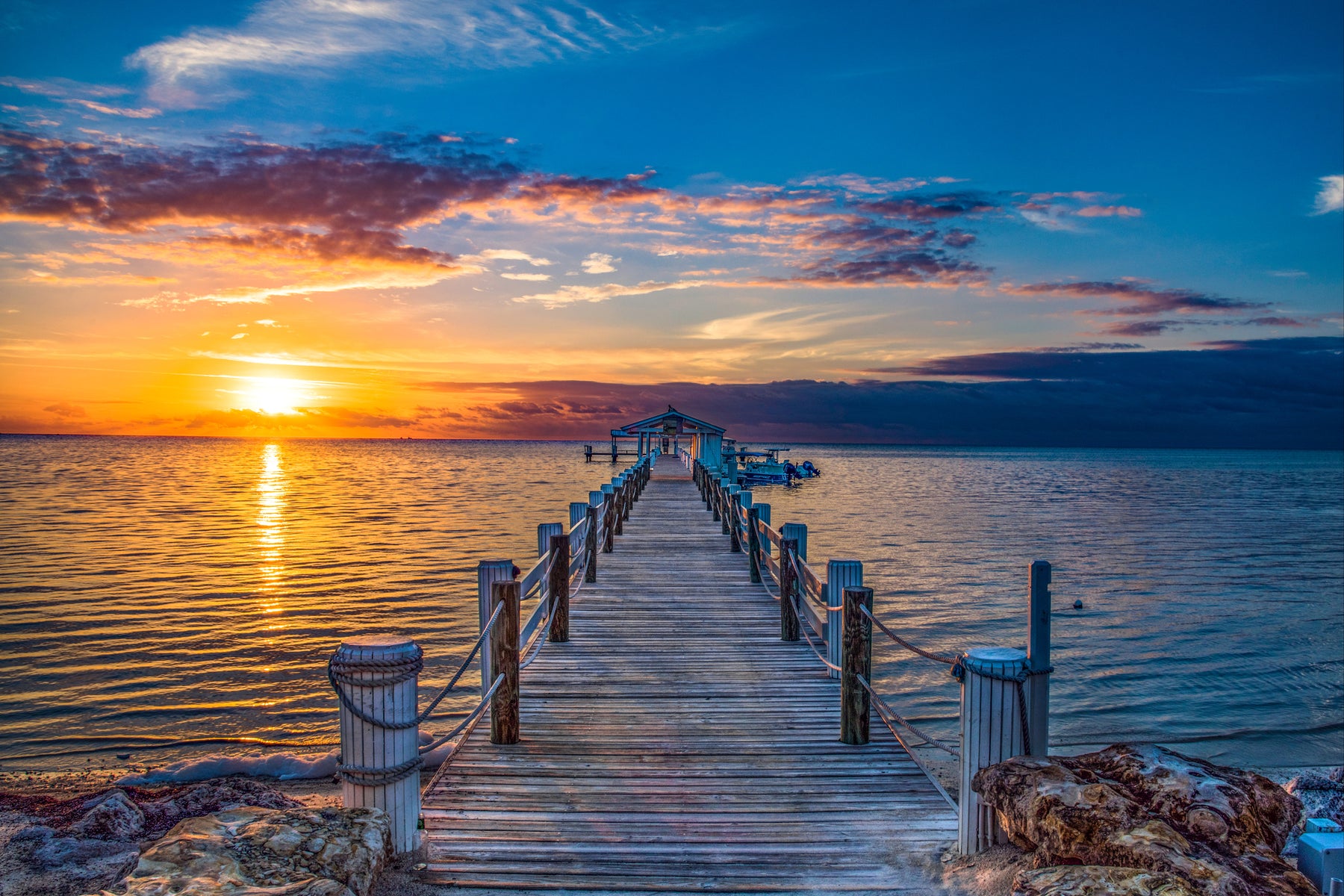1-(800)-642-0011
1-(800)-642-0011

The concept of timekeeping is so deeply ingrained in our daily lives that it's hard to imagine a world without clocks. But imagine, for a moment, a world where the passing of time was not measured by the ticking of hands on a clock face.
In this world, time would be much more fluid and subjective. People would wake up when the sun rose and go to sleep when the sun set. Days would be measured by the cycle of light and darkness, and seasons would be marked by the changing weather and the growth and decay of plants.
Without clocks, schedules and appointments would be entirely dependent on the alignment of the stars and the position of the sun. People would rely on natural cues to determine when to eat, work, and rest. There would be no rush hour, no deadlines, and no time-related stress.
But life without clocks would also bring challenges. Communication and coordination would be more difficult. Without a universal time reference, it would be hard to meet up with friends or schedule events. Travel would also be more complicated, as there would be no way to synchronize departure and arrival times.
Yet, without the constant ticking of the clock, people might find a deeper connection with the natural world. They might pay more attention to the changing of the seasons, the movement of the stars, and the cycles of life. Life would become slower and more contemplative, allowing for a greater appreciation of the present moment.
In this world, the notion of time as a linear progression would fade away. People would live more in the moment, focusing on the here and now rather than worrying about the past or future. Time would become more subjective and malleable, and people would become more attuned to their own internal rhythms.
Without clocks, the concept of punctuality would lose its meaning. People would no longer be bound by time constraints and deadlines. Instead, they would be free to follow their own natural rhythms and do things at their own pace.
Life without clocks would certainly be different. It would require a shift in mindset and a new way of organizing our days. But it might also bring a greater sense of harmony with the natural world and a deeper appreciation for the fleeting moments that make up our lives.